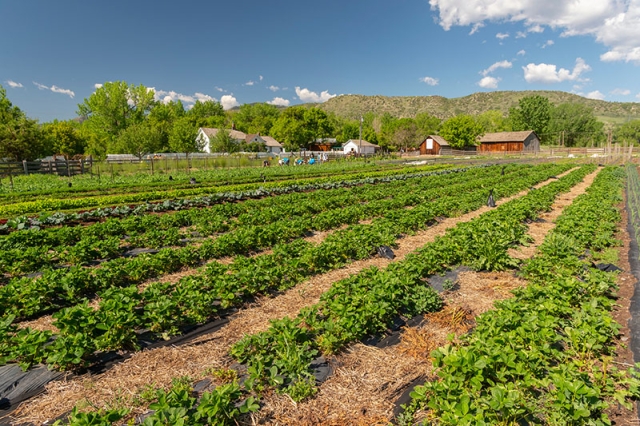The Importance of Cover Crops
I have fond memories of being a child and walking next to Grandpa as he rototilled the garden. There is something comforting about the smell and texture of newly tilled soil. As an adult, though, I’ve learned that leaves the soil exposed to wind and rain and the resulting erosion can be devastating.
The best way to prevent erosion is to “armor” the soil, i.e. keep it covered. Cover crops, as their name suggests, are a great way to do this. Plant some rye and vetch seeds in the fall as you are putting your garden to bed for the season. In the spring, knock down the growth or mow it and the residue will increase organic matter as it decomposes. The natural mulch will also shade the soil, keeping it cool and reducing evaporative water-loss.

Chatfield Farms CSA
The cover crop roots will produce exudates, or food for microbes and fungi in the soil. Those microbes and fungi are bringing nutrients to plant roots and establishing the foundation of a complex ecosystem in the soil. The result is a stable soil, full of spaces for new roots to grow, and allow water and oxygen to infiltrate.
Having a garden full of plants and living roots, instead of clean-looking, bare soil takes some getting used to. Especially if, like me, you have grown up tilling your soil every year, but the benefits are worth it. If you would like to learn more about soil health, look at the Natural Resources Conservation Service’s (NRCS) Soil Health home page; How to Create a Soil Community from Rodale Institute; or this Planttalk® Colorado from Colorado State University (CSU) Extension on using cover crops.
To see a variety of cover crops in a larger area, come down to Chatfield Farms where you can see sorghum-sudan grass, vetch, rye, winter wheat, crimson clover, buckwheat, pacific mustard and triticale, among others. Using cover crops at Chatfield Farms is part of our soil management plan but also has several other regenerative benefits including additional habitat for beneficial insect predators, pollinators and cover crops can provide competition to weed growth which helps farmers with the never-ending task of weed mitigation.
Add new comment